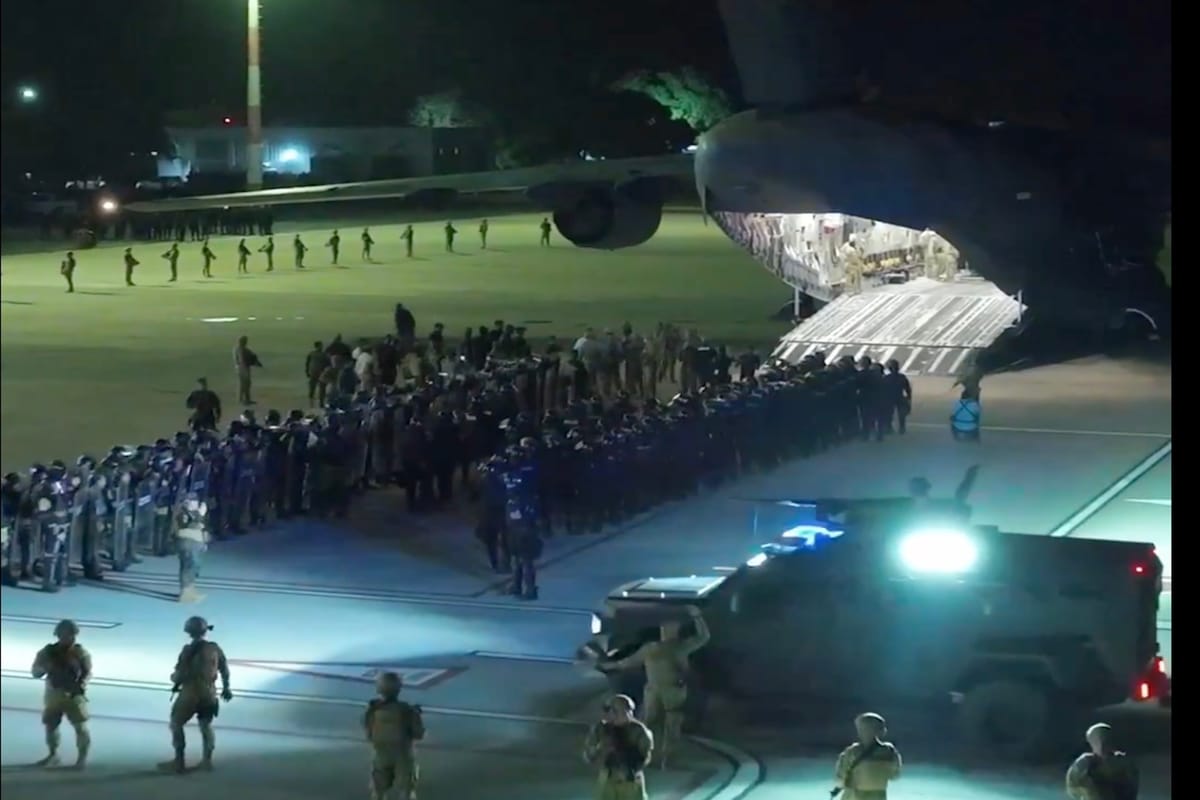

A Bold Move to Secure the Border
The Trump administration has taken its fight against illegal immigration to the Supreme Court, seeking to use a centuries-old wartime law to deport Venezuelan immigrants tied to the notorious Tren de Aragua gang. On March 28, government lawyers filed an emergency appeal, arguing that lower court orders are forcing the U.S. to harbor dangerous individuals identified as national security threats. This comes after President Trump invoked the Alien Enemies Act of 1798, a rarely used statute, to expel gang members he claims are orchestrating an 'invasion' of American soil. The move has sparked a firestorm, with flights already deporting nearly 300 Venezuelans to El Salvador before a federal judge stepped in.
The Legal Showdown Intensifies
U.S. District Judge James Boasberg halted the deportations on March 15, issuing a temporary restraining order after two planes took off for El Salvador. He demanded their return, citing due process concerns, but the administration pressed forward, landing the deportees in Salvadoran custody. The Justice Department now argues that judicial overreach is jeopardizing delicate diplomatic efforts and national security operations. Chief Justice John Roberts has set a tight deadline—April 1—for the immigrants’ lawyers to respond, signaling the high stakes of this clash between executive power and the courts.
Gang Threats Fuel the Debate
Trump’s proclamation zeroes in on Tren de Aragua, a gang labeled a foreign terrorist organization by the U.S. for its role in extortion, kidnapping, and murder. The administration claims its members are slipping across the border, exploiting chaos in Venezuela to prey on American communities. One official called it a 'predatory incursion,' pointing to incidents like apartment takeovers in Aurora, Colorado, as evidence of the threat. Critics argue the gang’s ties to deportees are unproven, but supporters say swift action is essential to protect citizens from a growing menace that regular immigration laws can’t handle fast enough.
A Wartime Law in Peacetime
The Alien Enemies Act, last wielded during World War II to detain Japanese Americans, lets the president deport noncitizens from hostile nations without hearings. Trump’s team insists this fits today’s crisis, framing illegal migration as a modern battlefield. Opponents, including the ACLU, call it a stretch—Venezuela isn’t at war with the U.S., and the gang isn’t a government. Yet, the administration counters that the law’s broad language covers threats like Tren de Aragua, especially with over 600,000 Venezuelans in the U.S., many lacking full legal status.
Courts vs. Executive Power
Judge Boasberg’s order didn’t stop the administration from deporting 137 alleged gang members under the act, plus others via standard channels. The White House defends this, saying a single judge can’t dictate aircraft movements or foreign policy. Trump has even called for Boasberg’s impeachment, a move rebuked by Roberts, who stressed judicial independence. Legal battles are escalating, with lawsuits piling up and the D.C. Circuit upholding Boasberg’s block—pushing the issue to the Supreme Court’s doorstep for a final say.
What’s Next for America’s Borders
This case could redefine how far a president can go to secure the nation. A win for Trump might greenlight mass deportations, targeting not just Venezuelans but other groups under similar claims. A loss could tie his hands, leaving border security reliant on slower, clogged immigration courts. For now, El Salvador’s mega-prisons hold the deported, while families here plead their loved ones were mislabeled. As the Supreme Court weighs in, the outcome will shape America’s stance on immigration—and who gets to decide who stays.
Dues are $12 per year. Member benefits:
✅ Ad-Free Website Viewing
✅ Advocacy for Republican Seniors
✅ 120+ Senior Discounts
✅ Member Only Newsletters